|
As a change from my usual writings on football, here's a fascinating book that was published exactly 100 years ago, in November 1913. The Royal Caledonian Curling Club annual - still published today - is a superb source of information. In those far-off days it had over 560 pages, with reports on every conceivable aspect of the sport such as competitions, meetings, news from abroad, obituaries and membership lists of every member club. With almost 750 clubs, that takes up a large proportion of the book, and if you look hard there are some real gems that show curling's broad appeal.
For example, there was a curling club based at Crystal Palace on the outskirts of London (see below), and one of its committee members is none other than the famous cricketer, WG Grace. As a football historian, I am intrigued by the high profile of Captain RM Christie of Dunblane CC, who spoke several times at the annual meeting. He was a Scotland football internationalist in 1884 aged just 18, and president of the SFA in 1903-04; he would later be one of the older casualties of the first war, dying of wounds in 1918 at the age of 52. In fact, my home town of Dunblane had three clubs in membership, the others being Dunblane Thistle and Keir. Social historians will be intrigued to see places with a curling club that might seem unlikely today, such as the Glasgow suburbs of Ruchazie and Shettleston. The RCCC was flush with funds, overseas tours were contemplated, and the overall sense is one of aristocratic patronage, contentment and success. Little did they know that a year later the old order would disappear: the annual could not be published, most clubs would be dissolved for the duration of the war, and many of the young men would never play again.
0 Comments
One of the great benefits of the digital age is the ability to find new material at the click of a mouse, often in places you would never have dreamed of looking. So, many thanks to the University of Toronto's Robarts Library for taking the trouble to digitise a 1912 book titled 'A history of the frozen meat trade' (click on link to open).
It's not exactly bedtime reading, but it does contain this photo and a short biography of a Scottish football pioneer, JJ Thomson, who not only played in the very first international of 1872 but also captained Queen's Park to victory in the 1874 Scottish Cup Final. His cap and medal are in the Scottish Football Museum. Like many early footballers, he came from obscure origins (born 1851 near Annan) and went on to become a highly successful businessman. He made his fortune in the meat trade, and by the time this book was published he was chairman and managing director of Eastmans Ltd. When he died in London in 1915, he left £46,000 in his will. [See also my previous blog post about him] To mark this week's international between Scotland and USA at Hampden, I wrote up the fascinating tales of the two men who had played football for both countries, Barney Battles and Jack Marshall. It was published in the Scotsman (click here to link). While the story of Battles is relatively well known, finding out about Marshall was quite a challenge. He was generally assumed to have been born in Saltcoats in the late 1890s or even - according to one of his American clubs - in 1902. A detailed look at his playing career made those dates highly unlikely, as he started out with Saltcoats Victoria in 1911, but nobody in census returns seemed to match his profile. It was further complicated that his birth name was John, but he was generally called Jock or Jack in the press. Experience has taught me there are always clues out there, and the breakthrough came in a newspaper cutting that described his departure for the USA on the Cameronia in September 1924. I was able to check the ship manifest on ancestry, which listed him, his wife and three sons. The next stage was to find his marriage, which meant a trip to the ScotlandsPeople centre in Edinburgh, and by noting his parents on the marriage certificate I eventually found his birth: 24 April 1892 to John Marshall and Annie Cathcart at Braehead, Baillieston. The location was a surprise, but it transpired his father was a miner at the Braehead pit (no longer there, the site is just off the M8 motorway east of Glasgow), and it was clear from later census returns that the family moved to Saltcoats while John junior was a small boy. His football career could be tracked through the British Newspaper Archive and US soccer archives such as the excellent Bethlehem Steel site, but what happened to him once he hung up his boots? I found John Marshall in the US censuses in 1930 and 1940, living in Kearny, New Jersey, working as a labourer. That seemed to be the end of the line, as New Jersey deaths are not online, but by a stroke of luck I found a family tree - again on ancestry - that seemed to match. I got in touch with the owner of the tree, and she was able to provide not just a precise date of death, 10 October 1964, but also a photo of his gravestone in South Amboy, NJ, where he is buried with his wife. In return, I could provide details of his life. All in all, a satisfying conclusion to the search for a notable player, who was not just a captain of Scotland but also a highly respected star in his adopted USA. John 'Jack' Marshall
Born Baillieston, Lanarkshire, 24 April 1892. Died Morgan, New Jersey, 10 October 1964. Playing career Saltcoats Vics 1911-14 (inc a trial for Rangers res) Shettleston Aug 1914 (three games only) St Mirren 1914-19. Won Victory Cup 1919 Middlesbrough Nov 1919-23 Llanelly 1923-24 Brooklyn Wanderers 1924-25 Newark Skeeters 1925-27 Brooklyn Wanderers 1927-28 Bethlehem Steel Aug 1928- Aug 29 (On loan to Philadelphia Centennials for two games in Nov 1928) Representative appearances Feb 1913, junior international trial 3 January 1917, Home Scots 2 Anglo-Scots 1 at Hampden, War Fund match (scored one) 19 April 1919, Ireland 0 Scotland 0 at Windsor Park, Victory International Seven caps for Scotland 12 Feb 1921, Scotland 2 Wales 1 at Pittodrie 26 Feb 1921, Ireland 0 Scotland 2 at Belfast 9 April 1921, Scotland 3 England 0 at Hampden (captain) 4 Feb 1922, Wales 2 Scotland 1 at Wrexham (captain) 4 March 1922, Scotland 2 Ireland 1 at Celtic Park 8 April 1922, England 0 Scotland 1 at Villa Park 16 Feb 1924, Wales 2 Scotland 0 at Cardiff One cap for USA 6 November 1926, USA 6 Canada 2 at Brooklyn Ebbets Field (scored one) |
Archives
July 2024
CategoriesAuthorAll blog posts, unless stated, are written by Andy Mitchell, who is researching Scottish sport on a regular basis. |
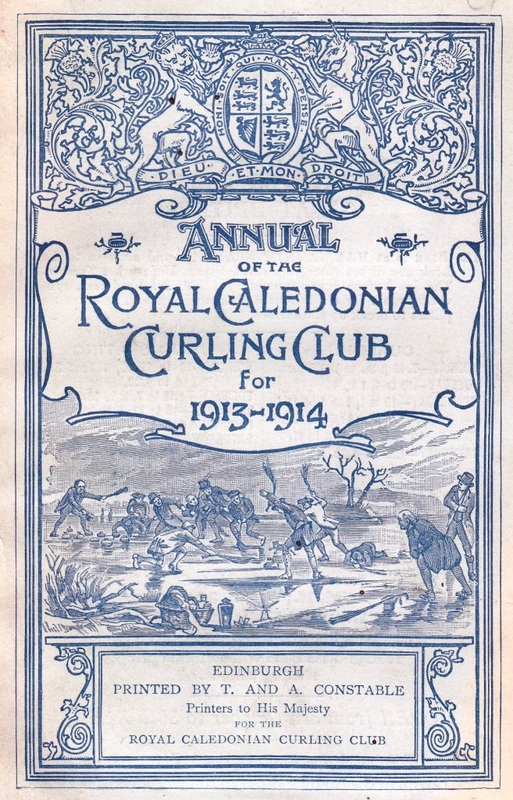
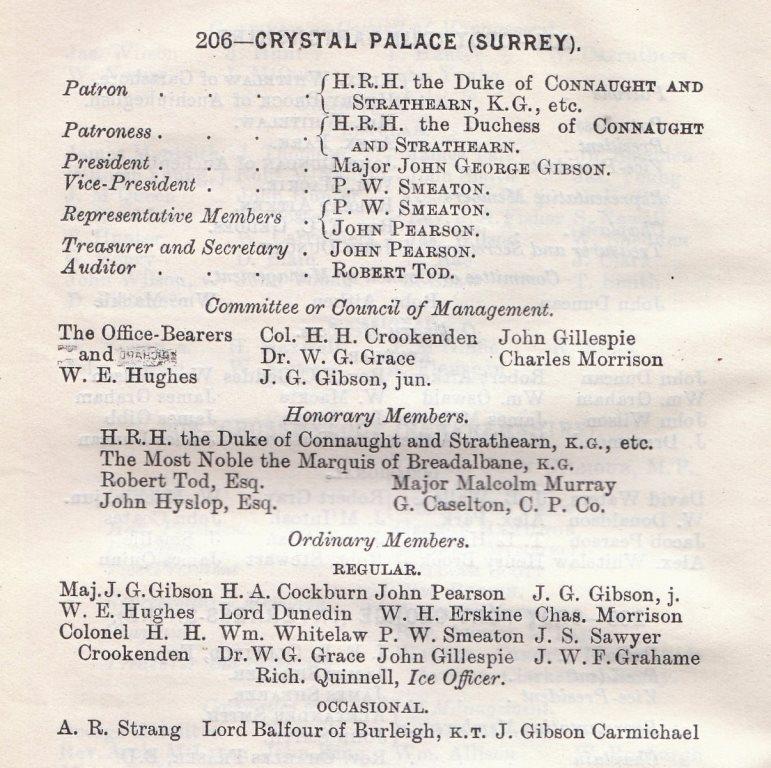
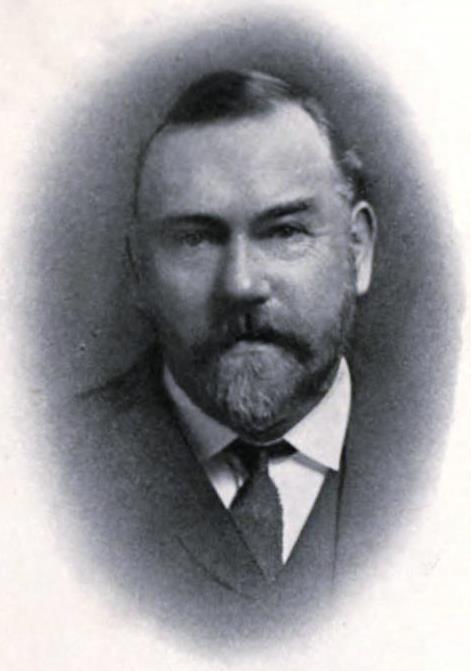
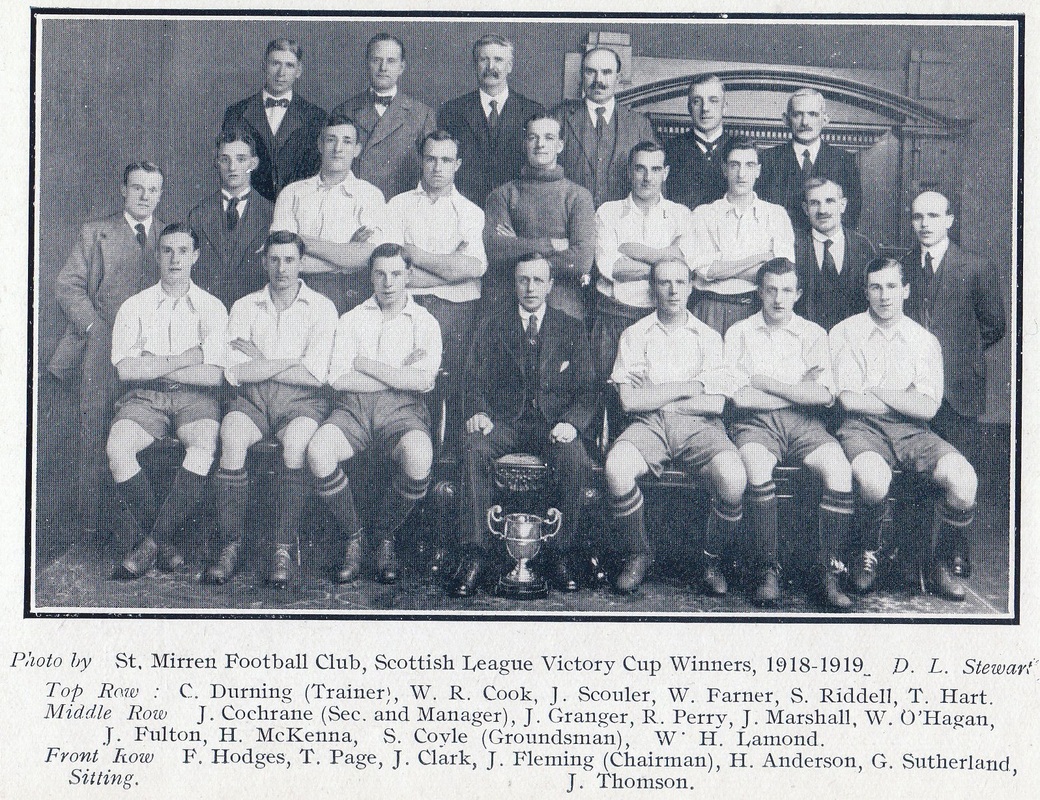
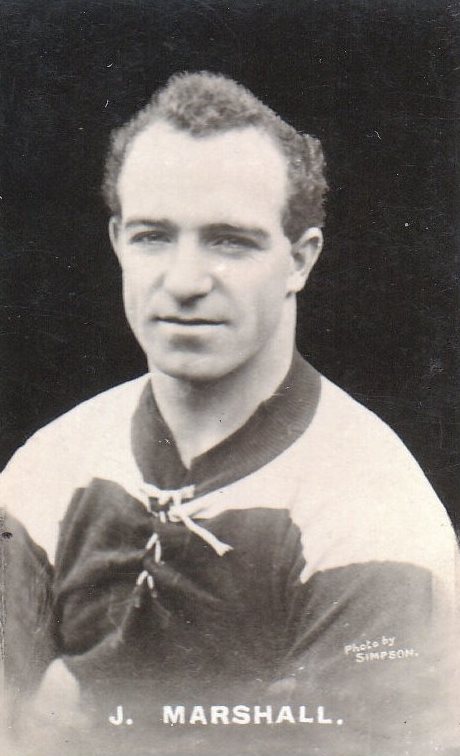
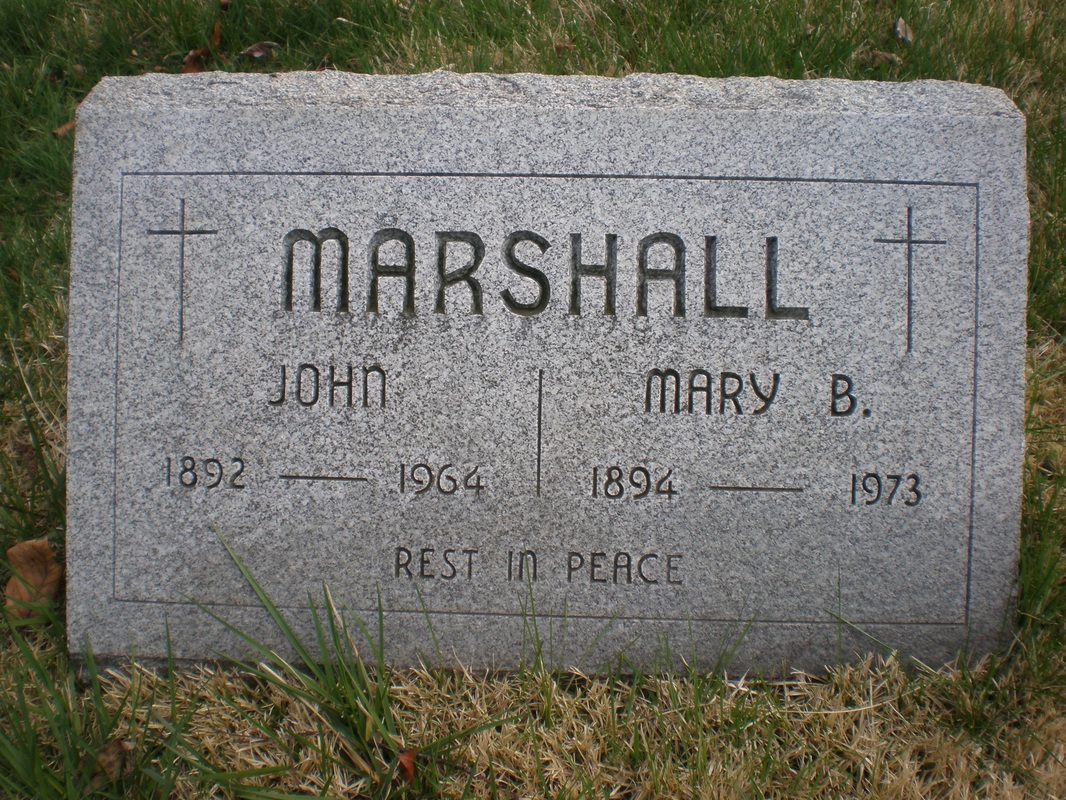
 RSS Feed
RSS Feed